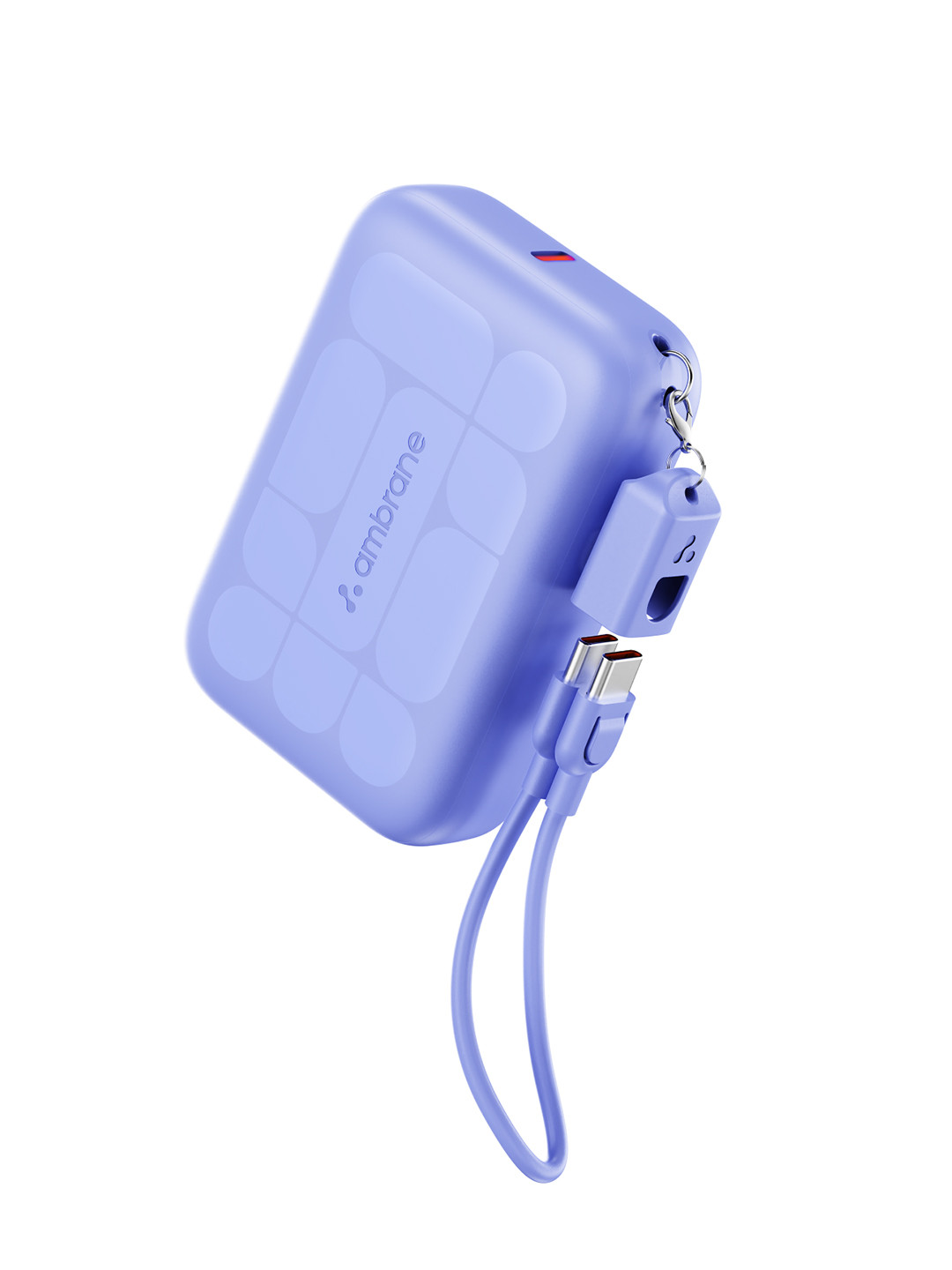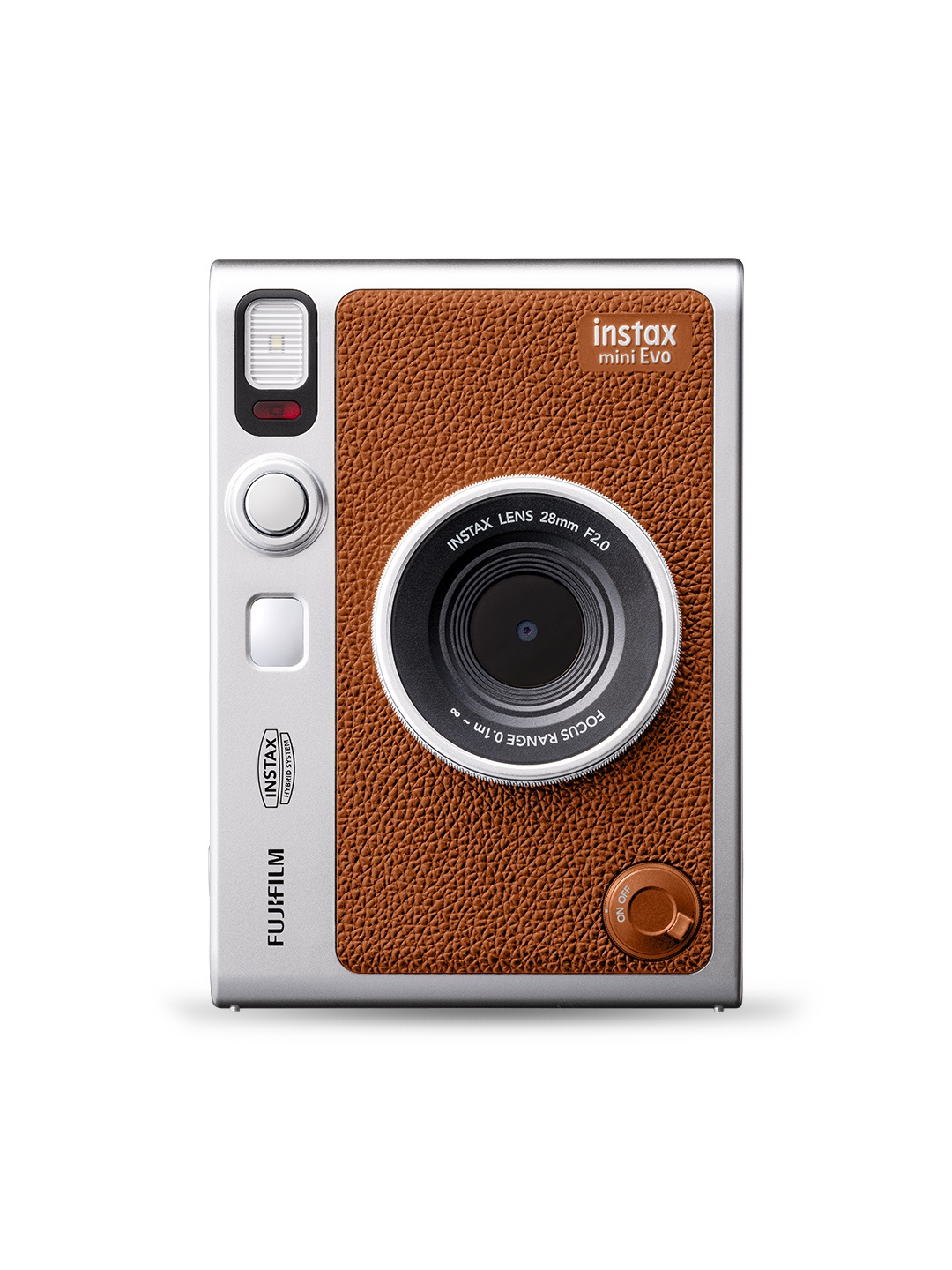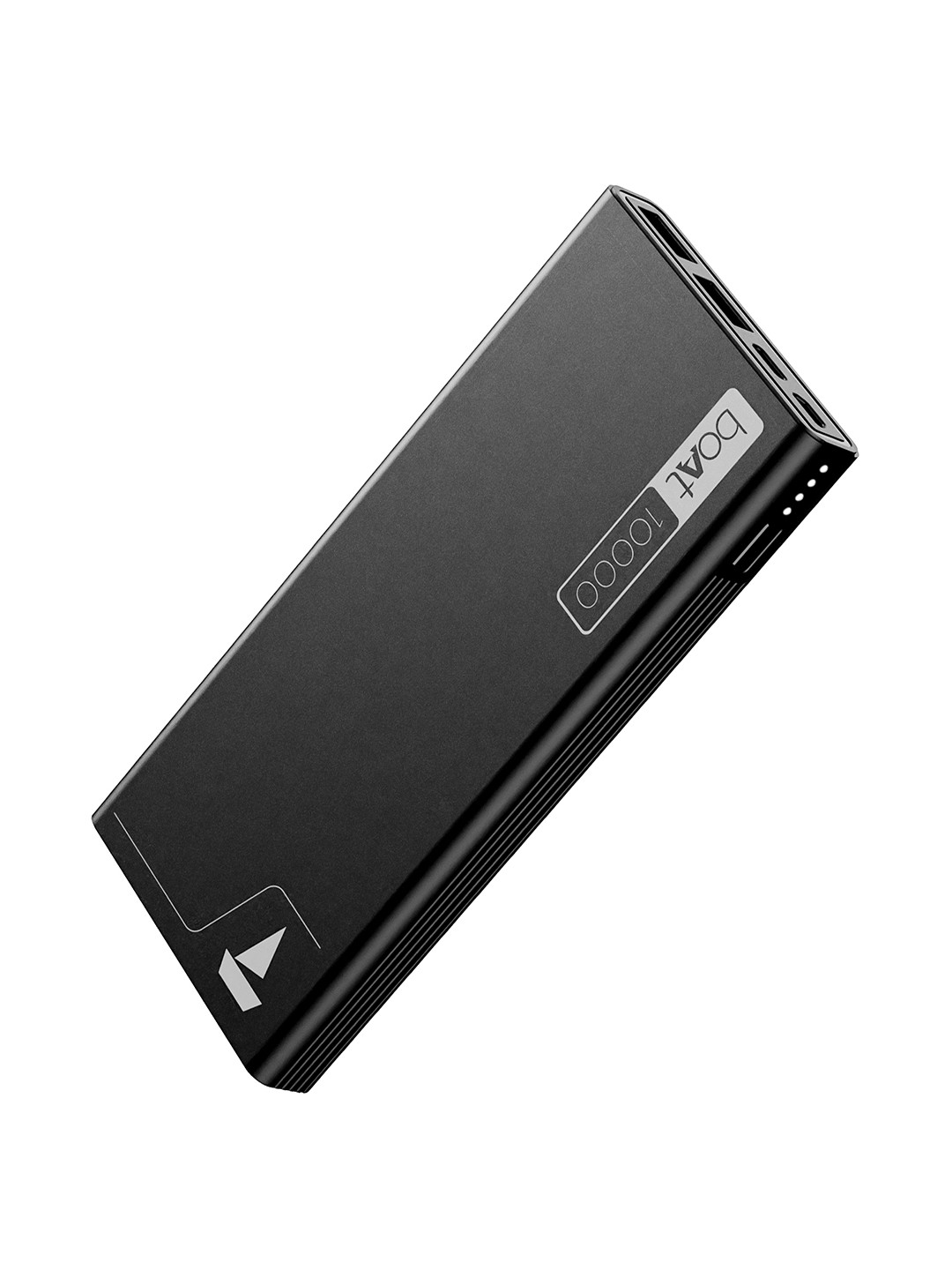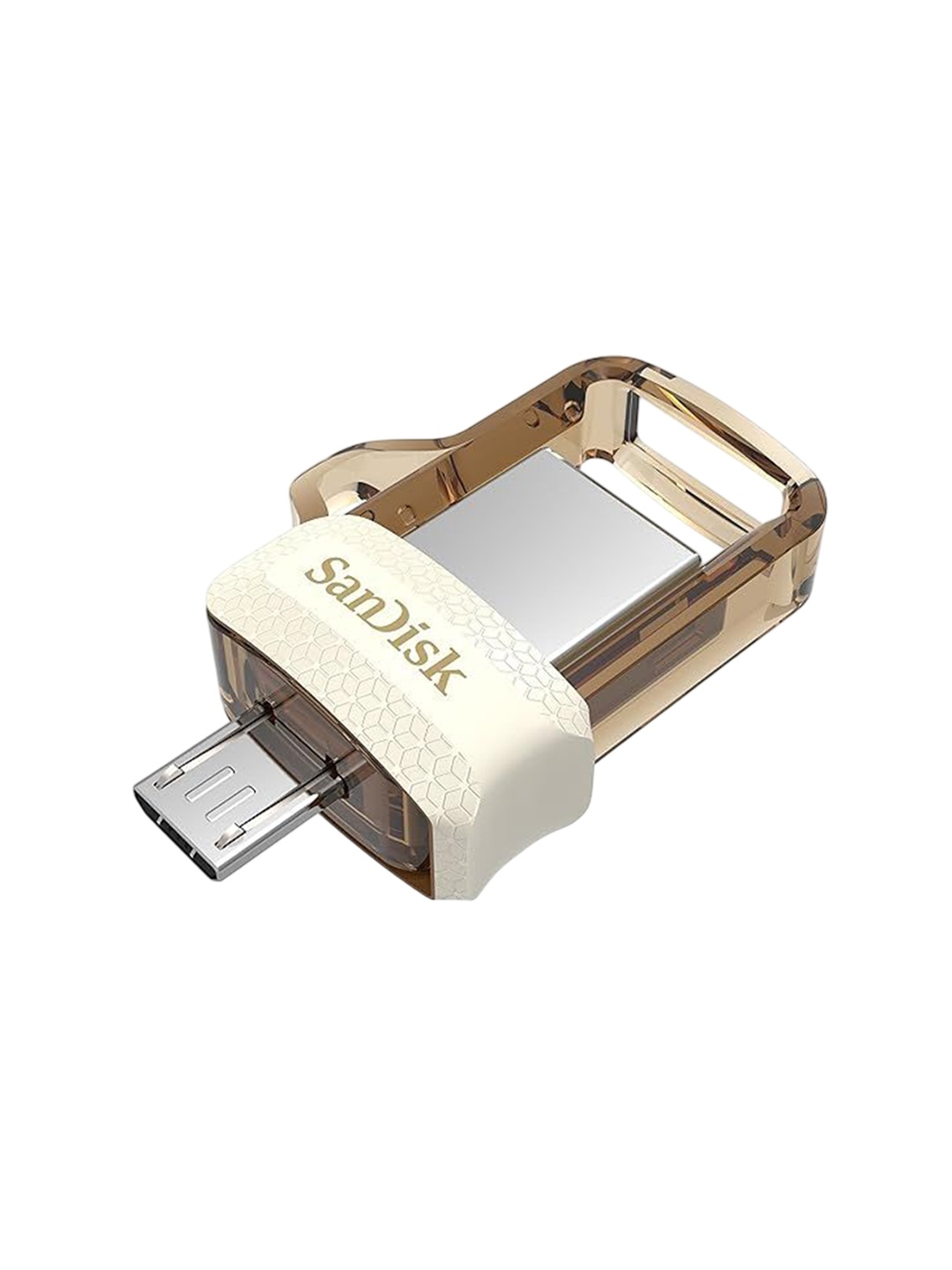Why Cheap Charging Cables Could Be Ruining Your Phone Battery And Their Premium Alternatives
Weve all been there- rummaging through the pile of cables at the checkout counter, tempted by the low price of a bargain charger. Lets explore why its worth investing in a quality charger for the sake of your phones health and performance.

Top Deals On Charging Cables From Flipkart
Our phones are more than just communication tools; they're our connection to the world, from social media to work emails to endless hours of entertainment. The one thing that can bring everything to a halt is a dead battery, and so the ritual of charging becomes a regular part of our lives. We've all been guilty of picking up the cheapest charging cable available, thinking, “How different can it be?” Well, as it turns out, quite a lot. While saving a few quid might seem appealing, cheap charging cables can cause irreversible damage to your phone's battery over time. So, before you plug in that budget-friendly charger, let's take a closer look at how it might be impacting your device and why you might want to reconsider those savings.
1. Substandard Materials Lead To Inconsistent Power Flow
Cheap charging cables often rely on low-grade materials to keep costs down. Instead of using high-quality copper, which provides a reliable flow of power, many cheaper cables use inferior metals or thin wiring that can't handle the same electrical load. As a result, power may not flow smoothly or consistently from the charger to your phone. Think of it like trying to pour water through a leaky hose- it may get through, but not without irregularities. These fluctuations in power can put additional strain on your phone's battery, leading to overheating or premature degradation. Over time, this kind of inconsistent power supply can significantly shorten your battery's lifespan.
2. Lack Of Certification Can Be A Red Flag
When you buy a certified cablecharging, you know that it's been designed and tested to safely charge your device. However, many cheap cables lack these essential certifications, such as “MFi” (Made for iPhone) or equivalent for Android devices. These certifications ensure that the cable has passed strict safety standards and will deliver power to your phone in the way it was designed. Without these certifications, you're essentially guessing whether the charger is safe. Uncertified cables often fail to regulate voltage properly, which can lead to overcharging, overheating, or even short circuits. It's like going for a haircut at a dodgy salon- you might leave with a good result, but there's also the chance it could all go wrong.
3. Overheating Risks Are Real
One of the biggest dangers of cheap charging cables is overheating. Inferior cables often have thin, poorly insulated wires that can't handle the heat generated during charging. As the power surges through these cables, they heat up quickly, which can cause your phone and battery to overheat as well. Prolonged exposure to high temperatures is one of the most damaging things you can do to a smartphone battery. If your phone gets too hot, it could cause the battery to lose capacity, reducing its ability to hold a charge in the future. Worse still, overheating can create fire hazards- something you definitely don't want happening to your phone.
4. Charging Speed Suffers, Too
We live in a world where instant gratification is the norm, and that applies to charging our phones as well. Nobody wants to wait hours for their phone to power up, especially when we're always on the go. However, cheap cables often deliver lower amperage, meaning they can't charge your device as quickly or efficiently as higher-quality cables. You may find yourself waiting longer for the battery to reach a full charge, and the longer your phone is plugged in, the more strain it puts on the battery. A slow charge is not only inconvenient- it forces your phone to stay connected to the charger for longer periods, which accelerates wear on the battery over time.
5. Fragility Equals Frequent Replacements
If you've ever bought a cheap charging cable, you know that they don't tend to last long. The outer casing is often flimsy, and the connectors are prone to wear and tear. Before you know it, your cable is frayed, and you're left holding a piece of plastic that barely works. The problem isn't just about inconvenience- it's about what happens when the cable breaks. Damaged cables can lead to short circuits, which could damage both your phone and its battery. Instead of saving money, you end up spending more replacing cables every few months. It's like buying shoes that fall apart after a couple of weeks- you thought you were being smart, but now you're just wasting money.
6. The Hidden Danger Of Data Breaches
It's not just the physical damage you need to worry about. Some cheap cables contain malicious chips that allow hackers to access your data when you plug your phone into them. This is particularly true for unbranded or counterfeit cables, which are often sold at suspiciously low prices. These cables can act as “data thieves,” quietly stealing your personal information as your phone charges. Imagine your phone suddenly becoming a data sieve- things like passwords, credit card numbers, and personal photos could be at risk. This is a danger you won't find with certified cables from trusted brands.
7. No Support For Smart Features
Modern smartphones come equipped with advanced charging features designed to protect your battery. These include things like adaptive charging that adjusts the speed based on your phone's battery health, or stopping the charge once the battery is full to prevent overcharging. Cheap cables often don't support these features, meaning your phone can't communicate effectively with the charger. This could lead to overcharging, which stresses the battery and can decrease its lifespan over time. It's like trying to follow a GPS without a map- without proper communication, you're bound to get lost.
8. The Long-Term Costs Far Outweigh The Savings
At first glance, a cheap charging cable might seem like a bargain. But when you factor in the potential damage to your phone's battery, the frequent replacements, and the risk of data theft, it's clear that these savings don't hold up in the long run. A damaged battery might result in you having to replace your phone far sooner than expected, and when you're looking at the price of a new device, that cheap cable is starting to feel pretty costly. In the end, it's better to invest in a quality cable upfront—just as you would invest in quality shoes or a good mattress. The small extra cost now could save you a bundle in the future.
Products Related To This Article
1. Portronics Lightning Cable 2 A 1 m Konnect L1 20W Type C To 8 Pin
2. RoarX Type C 10 A 1 m Nylon Braided Braided 25W-45W TYPE-C TO TYPE-C FAST CHARGING CABLE
3. OnePlus USB Type C Cable 1.5 m Oneplus Original Cable QC-DL129
4. RoarX Lightning Cable 6 A 1 m USB Type C To Lightning Fast Mobile Charging Cable Compatible For iPhone
5. Epaal Magnetic Charging Cable 1 A 1 m Polyethylene USB Dock Charger
6. Portronics USB Type C Cable 3 A 2 m Konnect X Nylon Braided Fast Charging And Data Sync
7. Rackit Power USB Type C Cable 1.2 m 4-In-1 GC
8. Safa USB Type C Cable 5 A 1.02 m 50W_5A TYPE-C TO TYPE-C FAST CHARGING CABLE
9. QIBOX Type C 5 A 1 m Copper Type C To C 3.3ft Nylon Braided Charger Cable
10. NYC Simplify Your Life USB Type C Cable 4.5 A 1 m Oppo K12x
In the world of phone accessories, the charging cable is one of the most overlooked yet essential components. While it might seem tempting to pick up the cheapest option, the truth is that these budget cables can cause significant harm to your phone's battery over time. Whether it's inconsistent power delivery, overheating, or a complete lack of safety certifications, cheap cables are a ticking time bomb for your device. The risks far outweigh the initial savings, so it's well worth considering the value of investing in a reliable, high-quality charging cable.
Disclaimer: The images used in this article are for illustration purpose only. They may not be an exact representation of the products, categories and brands listed in this article.





























